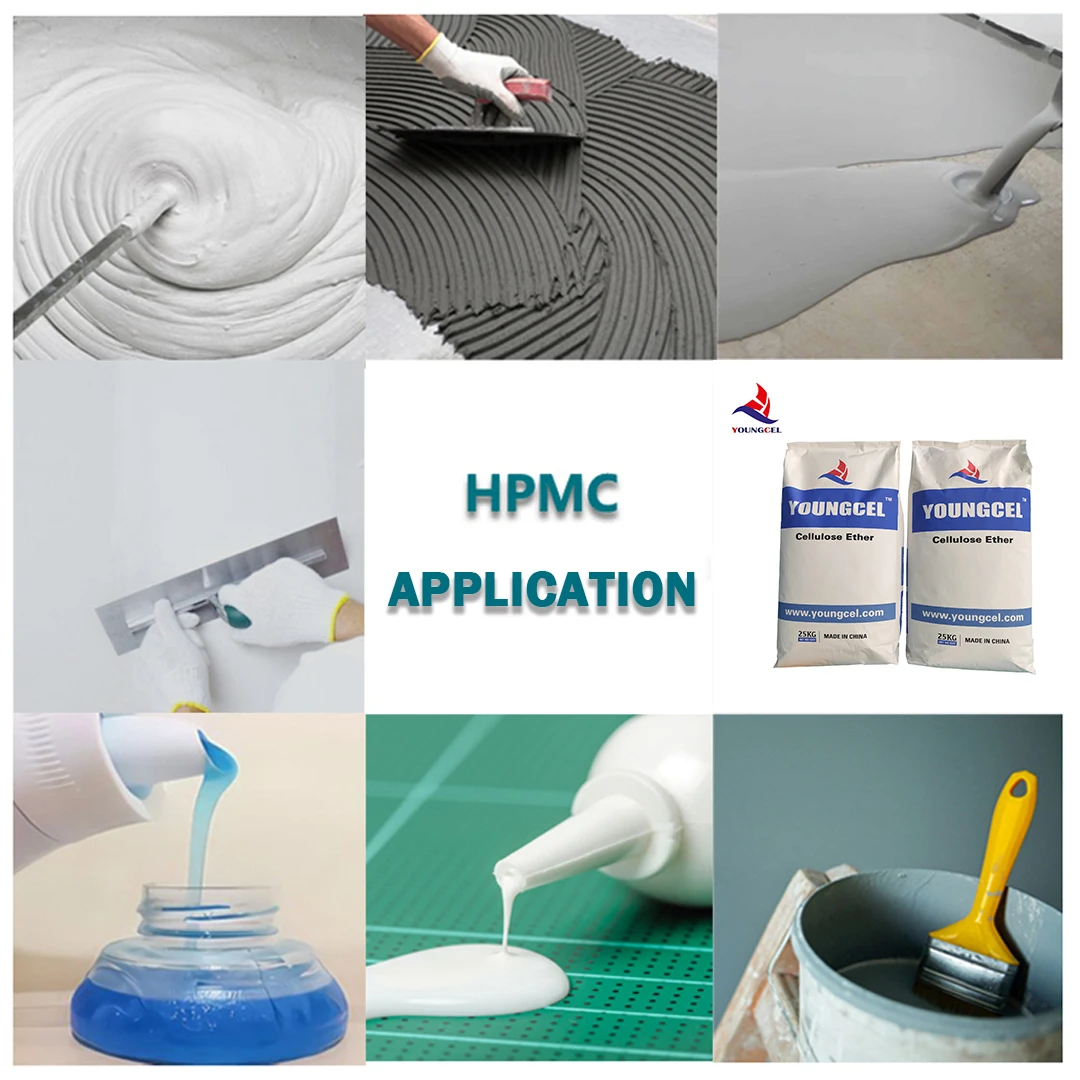Understanding Adhesive Mortar Composition, Benefits, and Applications
Adhesive mortar, an essential component in modern construction practices, is a specialized form of mortar used primarily for bonding tiles and other building materials to various surfaces. Unlike traditional mortar, which is primarily composed of sand, water, and cement, adhesive mortar combines these ingredients with additional polymers and additives to enhance its performance. This article will explore the composition, benefits, and applications of adhesive mortar in contemporary construction.
Composition of Adhesive Mortar
At its core, adhesive mortar is a blend of cement, fine aggregates, and polymers. The cement provides the fundamental binding properties, while the fine aggregates contribute to the mortar's texture and consistency. However, it is the inclusion of polymers that truly distinguishes adhesive mortar from conventional mortar. These polymers, often in a powdered form, act as bonding agents that improve adhesion to surfaces, flexibility, and resistance to water and environmental factors.
In addition to polymers, various additives may be included to modify specific properties. For example, water-retaining agents can prevent rapid drying, giving the mortar time to properly adhere to surfaces. Other additives may enhance workability, improve resistance to freeze-thaw cycles, or provide additional strength. This tailored composition makes adhesive mortar suitable for a wide range of applications and environments.
Benefits of Adhesive Mortar
One of the primary benefits of using adhesive mortar is its superior bonding strength
. The polymers in the mixture allow for better adhesion on both porous and non-porous surfaces, making it an ideal choice for various substrates like concrete, brick, and even drywall. This enhanced bonding capability reduces the risk of tiles or other materials loosening over time due to environmental stress or movement in the building structure.Another significant advantage of adhesive mortar is its flexibility. Unlike traditional mortars that can be rigid and prone to cracking, adhesive mortars can accommodate slight movements without losing their bond. This flexibility is particularly beneficial in environments where temperature changes or moisture can cause expansion and contraction.
adhesive mortar

Furthermore, adhesive mortars often come ready-to-use or in convenient pre-mixed forms, which simplifies the application process for construction professionals. This ease of use can lead to faster project completions and reduce labor costs, making adhesive mortar an economically viable option.
Finally, adhesive mortars frequently feature water-resistant properties, making them suitable for wet areas such as bathrooms, kitchens, and outdoor installations. This resistance to moisture prevents the growth of mold and mildew, contributing to healthier living spaces.
Applications of Adhesive Mortar
Adhesive mortar is widely used in both residential and commercial construction settings. Its primary application is in tile installation, where it serves as the bonding agent for ceramic, porcelain, and natural stone tiles. The robust adhesion and flexibility of adhesive mortars ensure that tiles remain securely in place, even in challenging environments.
In addition to tiling, adhesive mortar is also employed in adhering various other materials, such as precast concrete elements, composite panels, and decorative stone facades. Its versatility makes it a go-to solution for diverse construction needs.
Adhesive mortar is increasingly utilized in renovations, especially when working with old buildings. Its ability to bond well with existing surfaces means that installers can apply new materials without the need for extensive preparation of the underlying substrate.
Conclusion
Adhesive mortar stands as a fundamental innovation in the construction industry, addressing the limitations of traditional mortars. With its superior bonding strength, flexibility, water resistance, and ease of application, adhesive mortar has become an indispensable tool for builders and contractors. As the demand for high-performance materials rises, adhesive mortar will continue to play a crucial role in enhancing the durability and aesthetic appeal of modern structures. Whether it is for a residential tile project or a large commercial installation, adhesive mortar remains a reliable choice for ensuring long-lasting, quality results.




